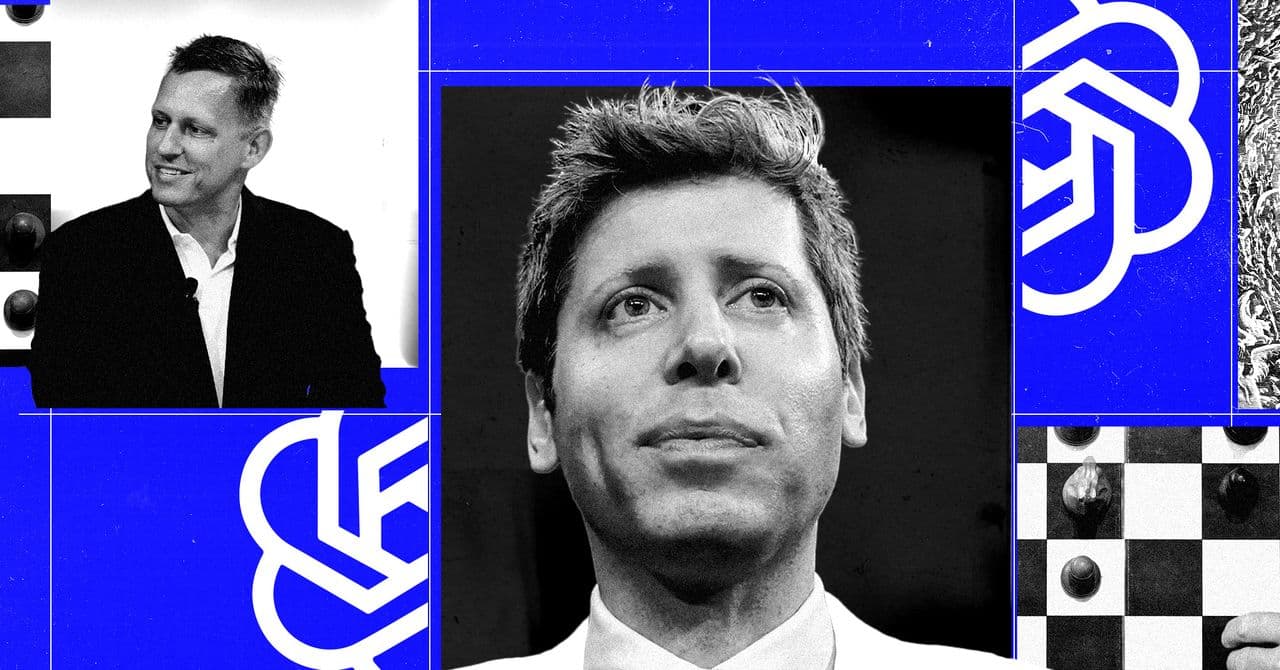Peter Thiel Speculates on "AI Doomer Anti-Christ" Born to Aella and Eliezer Yudkowsky

Billionaire venture capitalist Peter Thiel has reportedly made a provocative and speculative comment, suggesting that a child born to prominent AI figures Aella and Eliezer Yudkowsky could become an "AI Doomer Anti-Christ." The statement, shared via a tweet by "Beff – e/acc," highlights Thiel's ongoing engagement with the philosophical and existential implications of artificial intelligence.
Thiel, known for his contrarian views and investments in companies like OpenAI and Palantir, has consistently expressed concerns about technological stagnation while also warning against the over-regulation of AI. He has previously delivered lectures on the Antichrist, theorizing that such a figure might emerge by exploiting fears of global catastrophe to impose a "one-world totalitarian state" that stifles technological progress. His past statements have linked the Antichrist to charismatic figures who promise safety by restricting innovation.
Eliezer Yudkowsky, often referred to as "Yud," is a leading researcher at the Machine Intelligence Research Institute (MIRI) and a central figure in the "AI doomer" community. He is a vocal proponent of extreme AI safety measures, frequently warning of existential risks posed by advanced artificial intelligence, advocating for a pause or even a halt to current AI development to prevent a potential catastrophe. Thiel himself has reportedly described Yudkowsky as "extremely black-pilled and Luddite" regarding AI.
Aella, a prominent independent researcher and writer, is known for her explorations into various complex topics, including AI, rationality, and societal trends. While her public stance on AI safety is nuanced, she frequently engages with and analyzes the arguments of figures like Yudkowsky. The tweet's author, "Beff – e/acc," identifies with "effective accelerationism" (e/acc), a movement that advocates for rapid technological development, often contrasting with the cautious approach of AI safety advocates.
The speculative nature of Thiel's comment, linking two influential figures in the AI discourse to a future "Anti-Christ," underscores the deep ideological divides and high-stakes philosophical debates surrounding the development and future impact of artificial intelligence. It reflects a growing tension between those who champion unbridled technological advancement and those who prioritize extreme caution to mitigate potential existential risks.